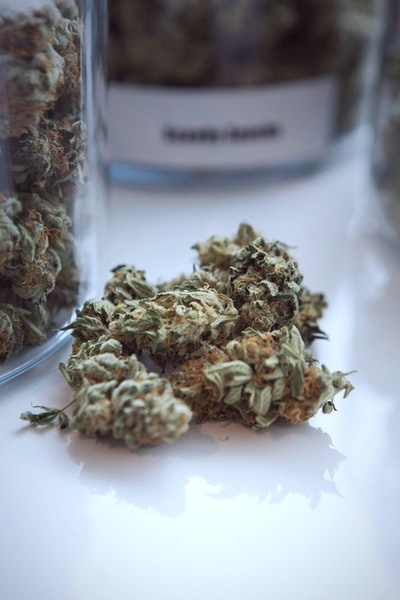On Tuesday, the Ninth Circuit Court of Appeals settled an appeal by The Herbal Chef, LLC (“THC”) and held the words “The Herbal Chef” do not qualify for trademark protection. The short memorandum opinion affirmed summary judgment granted by Central District Court Judge, Andre Birotte Jr., in favor of defendant AFG Distribution, Inc. (“AFG”) in March 2020.
Some background: THC is a California company that has been providing private dining and catering services incorporating cannabis and other herbs since 2014. THC has also been promoting cannabis education awareness within the food and beverage industry. AFG is a North Carolina corporation that sells cooking products, some under the branding of “Herbal Chef.” It goes without saying that THC and AFG are two very different types of companies.
Interestingly, AFG was issued a trademark for “Herbal Chef” by the USPTO in September 2016 for specific classes of products like baking dishes, pot holders, trivets (Class 21), and electric food processors (Class 7). One year later, THC filed its own trademark application for the mark “THE HERBAL CHEF” for meal preparation, catering services, and private dining (Class 43), alleging it had begun using THE HERBAL CHEF mark in commerce in August 2015. The USPTO denied Plaintiff’s application. In its denial, the USPTO wrote, “Registration is refused because the applied-for-mark merely describes a feature, characteristic, function, quality, ingredient, purpose or use of applicant’s services.”
THC filed a lawsuit against AFG, claiming that its line of Herbal Chef products infringed its the HERBAL CHEF trademark. AGF pretty quickly filed a motion for summary judgment and asked Judge Birotte to dismiss THC’s case, arguing the THE HERBAL CHEF mark is “generic” and, thus, not entitled to trademark protection. THC filed an opposition arguing the mark is “persuasive/suggestive,” and accordingly automatically entitled to trademark protection. Because THC doesn’t have a registered trademark, its burden to prove this is higher.
Here’s the rundown: trademarks are classified in one of five categories of increasing “distinctiveness”: (1) generic, (2) descriptive, (3) suggestive, (4) arbitrary, or (5) fanciful. For purposes of this case, what the first three categories break down as follows:
- “Generic” marks lack any distinctive quality, and therefore are not entitled to trademark protection.
- “Descriptive” marks, which describe the qualities or characteristics of a product, may be registered “only if the holder of the mark shows that the mark has acquired distinctiveness through secondary meaning.” An example of a “secondary meaning” is Apple – people obviously recognize that this refers to something other than an apple, and it’s specific to a brand of computers.
- “Suggestive” marks identify a product’s source and are entitled to automatic protection.
Judge Birotte found that THC failed to show the THE HERBAL CHEF mark was not descriptive and that a secondary meaning had not been established (or at least proven to be established). He also deferred to the USPTO’s findings in denying THC’s trademark application:
“As permitted by the Ninth Circuit and in the absence of any countervailing evidence set forth by Plaintiff, this Court finds the USPTO’s classification decision persuasive and likewise concludes that the mark THE HERBAL CHEF ‘merely describes a feature, characteristic, function, quality, ingredient, purpose or use of applicant’s services.’ Namely, the mark THE HERBAL CHEF denotes that Plaintiff primarily provides customers with a chef “who specializes in cooking with infused marijuana.”
The Ninth Circuit agreed, adding that THC’s alleged mark does not become suggestive just because it also offers goods and services in addition to cooking with cannabis. At the end of the day, the Appellate Judges found the dictionary definitions of “herbal” (which include a slang term for marijuana) and “chef” directly describe THC’s services (cooking with marijuana).
The lesson for our readers is this: use these decisions to inform your business and marketing strategies, and specifically on the scope of goods or services that can be protected under a trademark. Here’s a great post on that, which also includes relevant links to other posts and cases we’ve covered in the past.
The post Ninth Circuit Finds “The Herbal Chef” Is Generic and Denies Trademark Protection appeared first on Harris Bricken.






